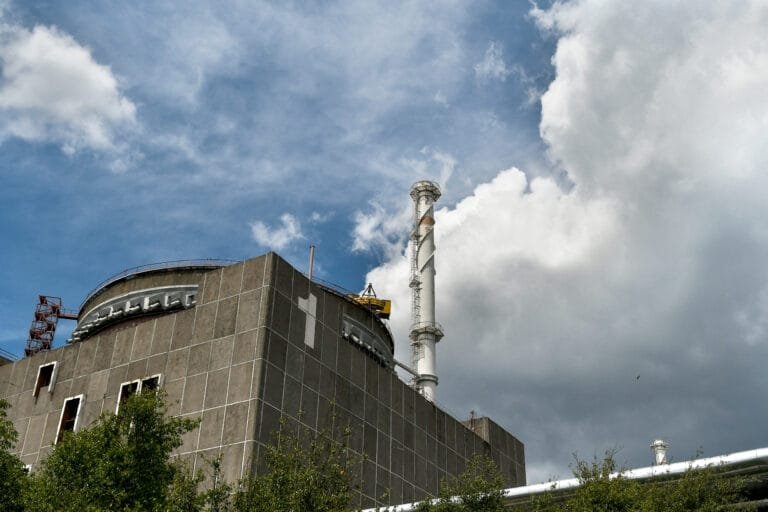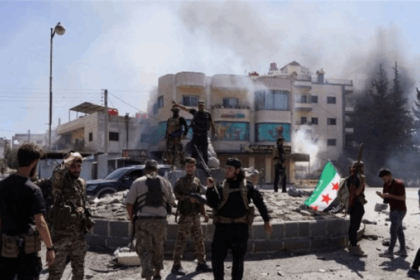Vienna, Austria – The International Atomic Energy Agency said that “no imminent danger” at the Zaporizhia plant in Ukraine, which has been out of operation since last week after Russia disconnected it from electricity, as long as backup diesel generators are in operation.
“Europe’s largest power plant has been deprived of external power for at least a week, marking by far the longest such event in more than 3.5 years of war,” IAEA Director General Rafael Grossi said in a statement issued Tuesday night.
Ukrainian President Volodymyr Zelensky warned on Tuesday that the situation was “critical” at the station, which was disconnected from the electrical grid on September 23 for the tenth time since the start of the Russian military operation in Ukraine in February 2022.
It is the longest power outage in Zaporizhia since Russian forces took control of it in March 2022.
The facility’s management informed the agency that it still has fuel reserves sufficient to operate it for more than 10 days.
Grossi said, “If the station is currently operating thanks to backup diesel reactors..
He added that there is no imminent danger as long as it continues to operate. It is clear that this situation is unsustainable in terms of nuclear safety.
He stressed that “neither party will benefit from a nuclear accident.”
Mutual accusations
Moscow and Kiev have repeatedly exchanged accusations of risking causing a nuclear disaster by attacking the plant.
They also held each other responsible for the recent power outage.
Russia stopped the station’s six reactors, which supplied Ukraine with about a fifth of its electricity needs before the war, after taking control of them.
However, the plant needs electricity to maintain cooling and safety systems that prevent a nuclear accident such as a reactor core meltdown.
Zaporizhia station, located near the city of Energodar on the Dnipro River, has been exposed to several safety risks since the start of the war.
Especially the repeated bombing of the surrounding area, the repeated power outages, and the shortage of staff.
















